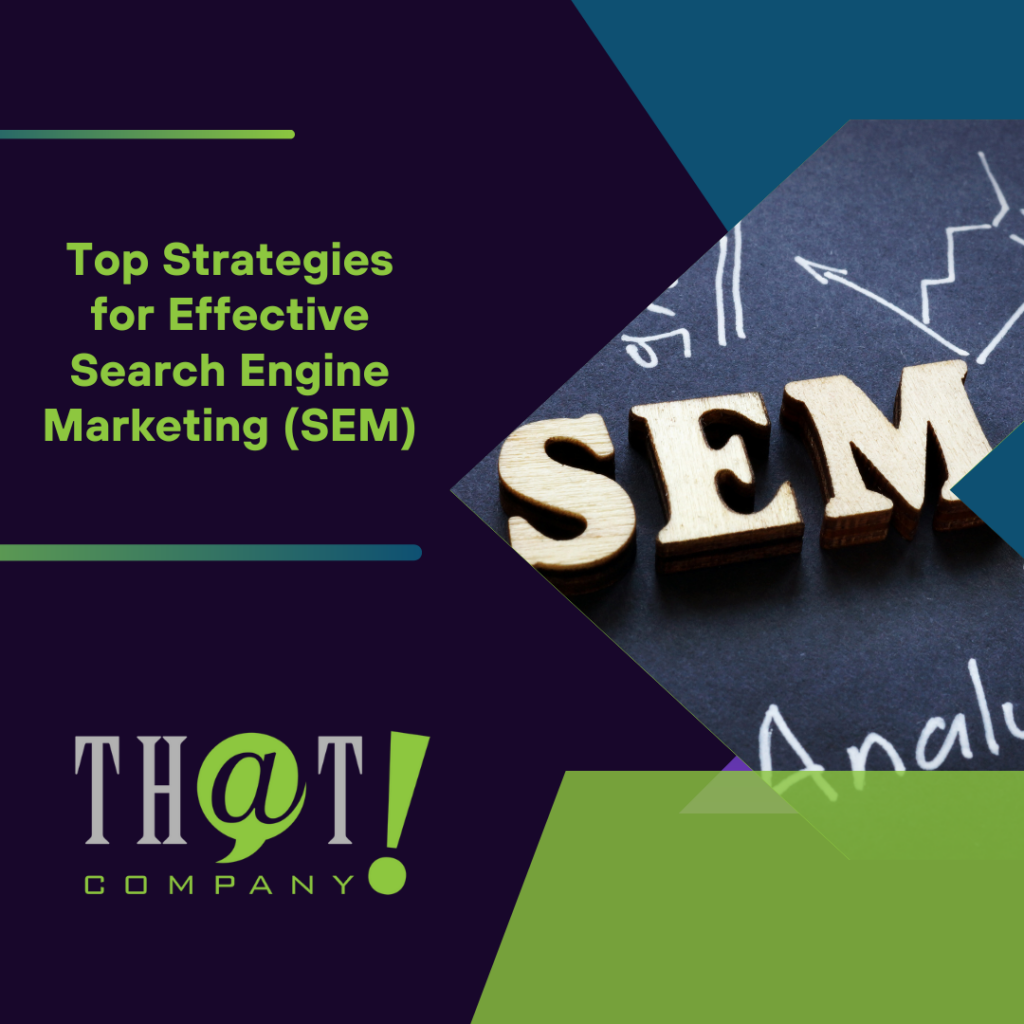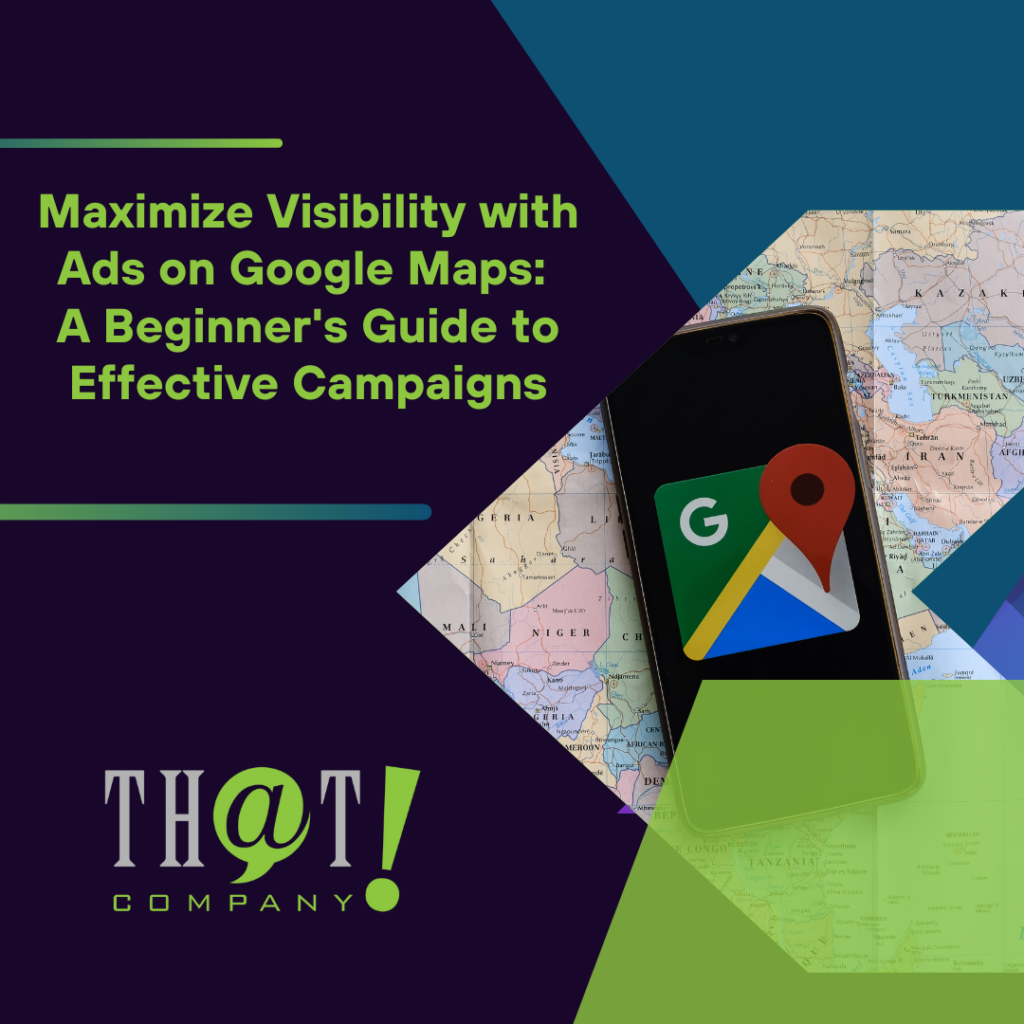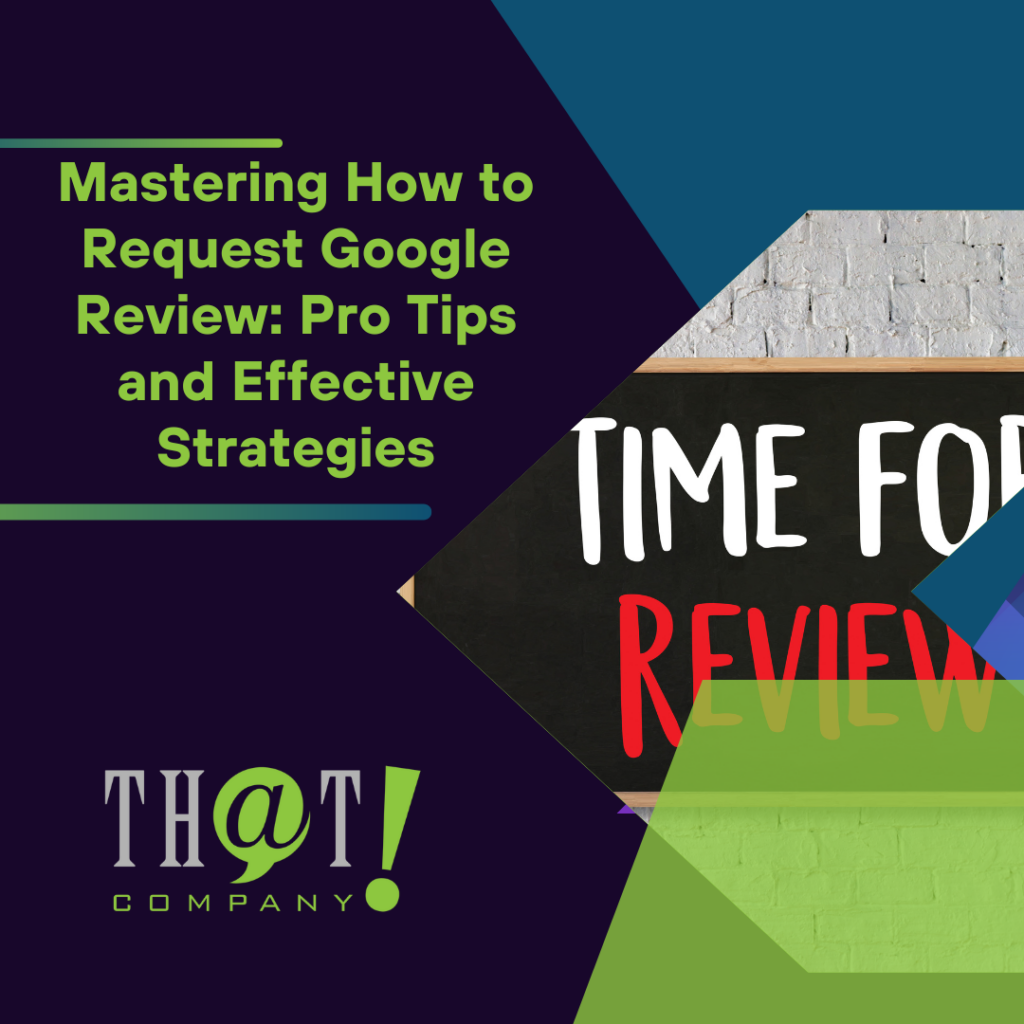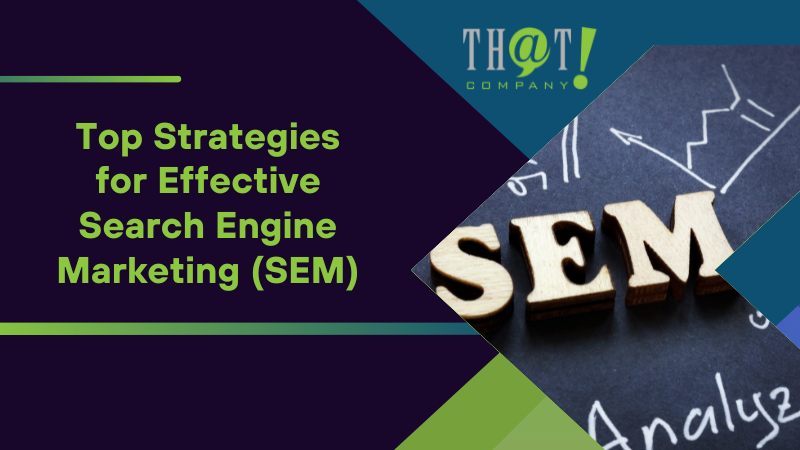
Search engine marketing (SEM) is about using SEO and PPC to boost your website’s visibility on search engines. If you’re looking to attract more visitors and meet your business goals, understanding SEM is essential. This article will break down SEM strategies and show how they can benefit your business.
Key Takeaways
- Search Engine Marketing (SEM) encompasses both organic (SEO) and paid (PPC) strategies to enhance visibility on search engines, crucial for modern digital marketing.
- Effective SEM strategies require continuous optimization, including keyword research, account structure management, and leveraging automation tools for better targeting and campaign performance.
- Emerging trends such as AI, automation, and voice search optimization are expected to shape the future of SEM, enhancing user engagement and improving return on investment.
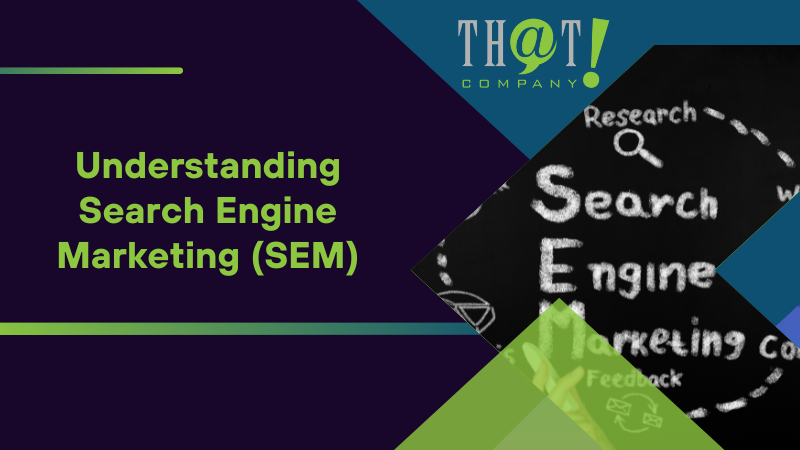
Understanding Search Engine Marketing (SEM)
Search Engine Marketing (SEM) is a cornerstone of contemporary digital marketing, crucial for businesses aiming to enhance their visibility on search engine results pages (SERPs) and connect with potential customers. It comprises both organic and paid strategies to maximize a website’s presence across search engines like Google, Bing, and others. An effective SEM strategy is composed of search engine optimization (SEO), paid search marketing (PPC), and the ad auction process, making search engine marketing work essential for success.
The digital marketing landscape requires continuous adaptation due to frequent updates to search engine algorithms, especially Google’s. These updates necessitate the adoption of advanced techniques and emerging technologies to remain competitive. SEM enables businesses to stay relevant and visible amidst these changes, making it an essential component of any robust digital marketing strategy.
What is SEM?
At its core, Search Engine Marketing (SEM) combines paid advertising and organic strategies to improve search visibility. While some define SEM as strictly paid marketing, it actually encompasses broader search engine marketing strategies, including both SEO and PPC. The primary distinction between SEO and SEM is that SEO focuses on organic search results, while SEM includes paid results through platforms like Google AdWords.
Successful SEM strategies leverage both SEO and PPC to drive results. SEO aims for long-term growth by improving organic rankings, whereas PPC offers immediate traffic and conversions by paying for ads.
Keywords play a vital role, as they are the terms users enter into search engines. Aligning ads and content with the keyword’s search intent can significantly improve SEM success.
Why SEM Matters
In an age where online presence is paramount, SEM stands out as a powerful tool for advancing business goals. It integrates data-driven targeting across all online channels, attracting more website traffic, generating revenue, and significantly improving brand awareness and customer trust. SEM enables businesses to target specific keywords that potential customers are searching for, effectively reaching new audiences and generating leads.
The true power of SEM lies in its ability to combine a variety of strategies, including both SEO and PPC, to achieve measurable results. This dynamic approach allows businesses to adapt to changing market conditions and consumer behaviors, ensuring sustained growth and success in the digital marketplace.

Key Components of SEM
SEM is a multifaceted discipline that involves several key components to maximize a website’s visibility and performance. These components include Search Engine Optimization (SEO), Paid Search Marketing (PPC), and the SEM Ad Auction Process. Each of these elements plays a crucial role in creating a comprehensive and effective SEM strategy.
Search Engine Optimization (SEO)
Search Engine Optimization (SEO) focuses on enhancing a website’s visibility using non-paid tactics. This involves optimizing various elements of the website, such as quality content, meta descriptions, and technical fixes, to improve its ranking on search engine results pages (SERPs). Effective SEO requires ongoing optimization, including refreshing content to maintain or improve SERP rankings.
Technical SEO is also vital, involving aspects like site speed, mobile-friendliness, and secure connections to ensure the website meets search engine algorithms’ standards. These optimizations contribute significantly to driving organic growth and maintaining a strong online presence.
Paid Search Marketing (PPC)
Paid Search Marketing, commonly known as Pay-Per-Click (PPC), allows businesses to gain immediate visibility on search engines by paying for clicks. PPC advertising involves bidding on specific keywords and paying for each click on their paid ads, which appear on top of or alongside organic search results. This model ensures that businesses can quickly attract targeted traffic and achieve faster results compared to organic methods.
PPC campaigns can be highly targeted, leveraging demographic, geographic, and behavioral data to reach the desired audience effectively. AI tools are increasingly used to analyze consumer behavior and optimize ad targeting, enhancing the overall effectiveness of PPC campaigns.
The SEM Ad Auction Process
The ad auction process is a critical mechanism used by platforms like Google Ads to determine the order in which ads appear in search results. Advertisers place bids on keywords. They indicate the highest price they are prepared to pay for each click. The process involves evaluating both the bid amount and the Quality Score, which is based on the ad’s relevance and the landing page experience.
When a user’s search query matches an advertiser’s keywords, the ad enters the auction, adding a competitive layer to the placement. This ensures that only the most relevant and high-quality ads are displayed to users, optimizing the search experience for both advertisers and consumers.
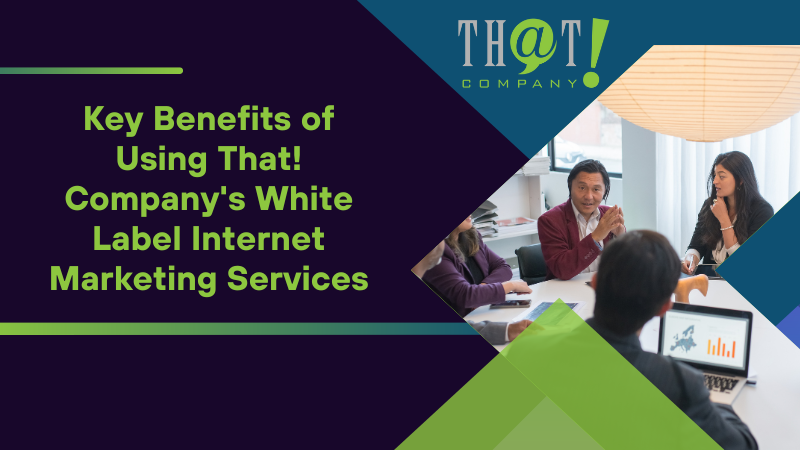
Key Benefits of Using That! Company’s White Label Internet Marketing Services
Partnering with That! Company for white label internet marketing services offers numerous benefits for agencies and businesses. These services allow agencies to provide a broader range of offerings without the need for extensive in-house resources. Leveraging a fully trained external team allows agencies to significantly reduce business costs, eliminating expenses associated with hiring and training new staff.
Flexibility is another major advantage, as white label services enable agencies to adapt to varying client demands without being tied to permanent staffing commitments. This adaptability helps meet more client needs, leading to increased satisfaction and loyalty. Additionally, white label partnerships can unlock new revenue streams, allowing agencies to focus on their core competencies while reselling third-party services.
The quality of service can also improve through white label agencies, which often bring specialized expertise that enhances overall service delivery. This expertise can lead to better results for clients, fostering long-term relationships and trust.
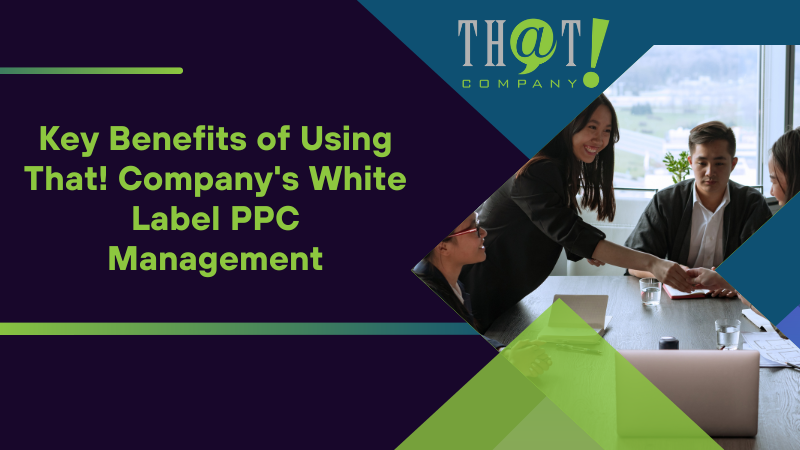
Key Benefits of Using That! Company’s White Label PPC Management
Utilizing That! Company’s white label PPC management services provides businesses with a host of advantages. Outsourcing PPC management allows companies to focus on their core operations while leveraging specialized expertise in online advertising. This approach leads to significant cost savings, as businesses can avoid the overhead costs associated with hiring and training internal teams.
Time efficiency is another key benefit, as That! Company’s streamlined workflows and communication processes enable faster and more effective campaign management. Access to advanced tools and proven marketing strategies further enhances the effectiveness of PPC campaigns, ensuring maximum return on investment.
Scalability is an important consideration, as white label PPC services allow businesses to adjust their marketing efforts based on demand with agility. This flexibility ensures that businesses can maintain consistent branding across marketing channels, enhancing their overall brand reputation and driving increased revenue through targeted campaigns.
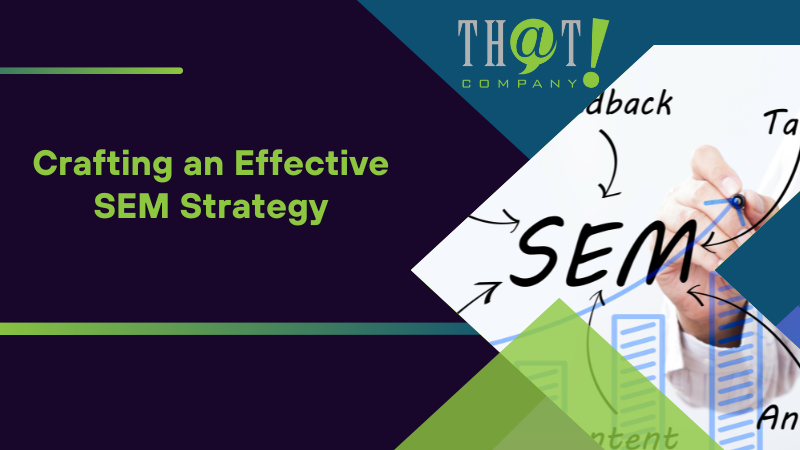
Crafting an Effective SEM Strategy
Creating a successful SEM strategy involves optimizing paid search ads with specific goals to increase visibility and achieve business objectives. A key exercise in developing an effective SEM strategy is to choose a keyword, find ranking ads, and study them to understand the competition. This approach helps businesses understand how paid ad platforms work and what variables affect performance.
Integrating SEO and PPC is crucial for a well-rounded SEM plan, as demonstrated by Company A, which increased their organic search traffic by an impressive 1,417% by combining these strategies. Personal resonance in SEM ads is also essential, as it engages potential customers and boosts conversion rates.
Keyword Research
Conducting thorough keyword research is fundamental for identifying relevant keywords for SEM campaigns, laying the foundation for a successful strategy. Tools like Google Ads Keyword Planner help identify relevant keywords by providing suggested bid estimates and keyword search volume.
Targeting commercial and transactional keywords is crucial for driving sales and attracting quality traffic. Understanding search intent and choosing keywords based on average monthly searches and competition can enhance targeting effectiveness.
Account Structure
A well-structured Google Ads account improves ad management, allows for targeted ads, and enhances Quality Score, ultimately lowering cost-per-click. Proper campaign organization results in better performance tracking, informed spending, and the identification of successful elements.
Ad groups within campaigns further subcategorize ads for relevance, improving their effectiveness and ensuring the budget is allocated effectively. This organization helps prevent high-volume keywords from consuming the entire budget, maintaining a balanced approach to ad spending.
Budget Management
Effective budget management is crucial to prevent waste and maximize return on investment. Automating SEM analytics reporting can save time and improve the efficiency of tracking campaign performance. AI and machine learning enable unprecedented data analysis, automation, and optimization capabilities, significantly enhancing marketers’ strategic approaches.
Automation tools help streamline campaign management and enhance decision-making in SEM.

Optimizing SEM Campaigns
Optimizing SEM campaigns involves continuous evaluation and reactive improvements to identify opportunities for enhancing performance. A well-structured account is essential, as it improves ad relevance and Quality Score, leading to better ad placements and reduced costs.
Improving Quality Score
The Quality Score in Google Ads assesses ad performance based on expected click-through rate, ad relevance, and landing page experience. Ads that are highly relevant to user queries are favored by Google, increasing their likelihood of achieving higher Quality Scores.
Improving ad relevance, click-through rates, and the overall landing page experience can enhance Quality Score, leading to better ad rankings and lower costs. User experience on the landing page significantly impacts Quality Score, as it evaluates how well the page fulfills user expectations post-click.
Writing Compelling Ad Copy
Creating effective ad copy is crucial for attracting clicks and conversions. It involves incorporating relevant keywords and clearly conveying the unique value propositions of your offerings. Clearly communicating what sets your products or services apart can draw more interest from potential customers, making your ads more compelling and effective.
Enhancing Landing Page Experience
A high-quality landing page must deliver on user expectations and provide an intuitive and fast browsing experience. An intuitive and fast browsing experience contributes significantly to higher conversion rates by reducing bounce rates and increasing user engagement.
Optimization strategies, such as A/B testing of landing pages and analyzing user interaction, can significantly enhance overall conversion rates. That! Company continuously tests and optimizes pay-per-click campaigns to improve click-through rates and increase lead generation through compelling ad copy and high-performing landing pages.
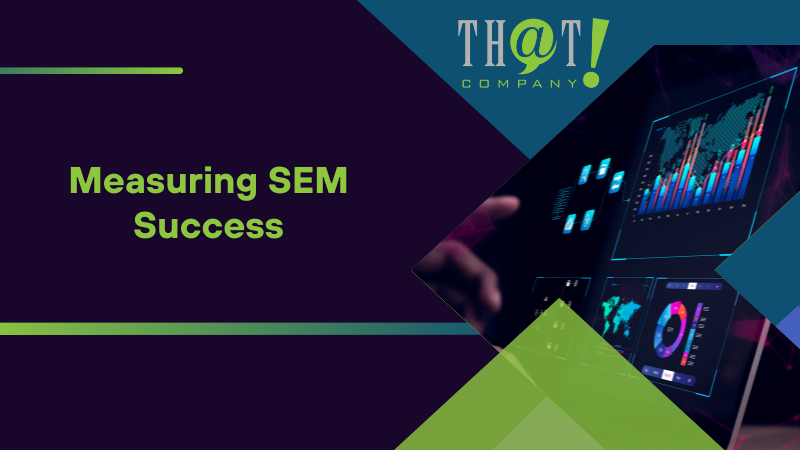
Measuring SEM Success
Tracking performance metrics is crucial for understanding the impact of SEM campaigns on business goals and optimizing future efforts. Compelling statistics derived from SEM efforts can provide insights into campaign performance and areas for improvement, helping a white label internet marketing agency refine strategies for better results.
Key Metrics to Monitor
Key metrics to monitor include:
- Conversion rate, which helps understand the effectiveness of ads and landing pages
- Cost per conversion, which measures the expense associated with each successful action derived from ads
- Click-through rate (CTR), which indicates the effectiveness of an ad in capturing the audience’s attention
PPC campaigns can yield a staggering return on investment of 4,381%, making it essential to track these metrics to optimize campaign performance and achieve business objectives.
Tools for Analytics and Reporting
Tools like Google Analytics provide insights into conversion rate metrics, which can be viewed in Google Ads after setting up conversion tracking. SEMRush is useful for keyword research, rank tracking, site audits, and traffic analysis.
WordStream offers advanced reporting, data analysis, and ad creation tools that assist marketers in optimizing their campaigns. HubSpot Ads tool analyzes the influence of ads on contacts within the buyer’s journey, aiding marketers in understanding ad performance.
These tools are essential in SEM as they help marketers track the performance of their campaigns and make informed decisions.

Future Trends in SEM
Emerging technologies are expected to significantly influence the direction of search engine marketing. The integration of augmented reality into SEM strategies is anticipated to enhance user engagement.
AI and Automation
Automated bidding strategies powered by AI can optimize ad budgets in real-time based on performance. AI is increasingly being integrated into bid management to automate and optimize strategies.
That! Company utilizes advanced automation and AI-driven bid strategies to optimize ad spend, ensuring the highest possible return on investment while minimizing wasted clicks. The benefits of utilizing AI for bid management include improved efficiency, reduced manual intervention, and better allocation of ad spend.
Voice Search Optimization
Voice search optimization involves tailoring website content to rank higher for queries made through voice commands on devices like smartphones and smart speakers. Sales attributed to voice search are projected to reach $40 billion by 2025, highlighting its growing importance in digital marketing.
Voice search queries often differ in phrasing from typed queries, necessitating optimization for conversational language. Approximately 50% of searches rely on featured snippets, which provide immediate answers and can enhance visibility in voice search results.

Careers in SEM
Search engine marketing offers various career paths, including roles in SEO, PPC, and digital marketing management. These careers are in high demand due to the growing importance of SEM in digital marketing strategies.
In-Demand Skills
The average salary for PPC jobs in the U.S. saw a growth of 6.5% from 2021 to 2022, reflecting the increasing demand for data-savvy professionals in SEM. Skills required for a successful career in SEM include data analysis, understanding of PPC and SEO, and proficiency in tools like Google Analytics and SEMRush.
Job Roles
Various job roles in SEM range from entry-level positions like SEM Interns, who gain hands-on experience supporting campaigns, to senior roles like SEM Managers and Directors, who oversee teams and develop strategies aligned with business objectives.
SEM Coordinators assist with keyword research and ad copywriting, while SEM Specialists manage and optimize PPC campaigns.

Case Studies of Successful SEM Campaigns
Real-life examples demonstrate the effectiveness of various SEM strategies, providing insights into successful implementations. These case studies offer valuable lessons on how effective SEM strategies can significantly enhance business performance.
Case Study: Company A
Company A utilized a combination of SEO and PPC to increase their online presence and sales. The implementation of SEO and PPC together led to a remarkable 71% increase in website traffic.
Through their PPC campaigns, Company A achieved an impressive 126% return on investment.
Case Study: Company B
Company B’s focus on utilizing targeted keywords improved their lead generation significantly, showcasing the importance of tailored ad copy. By crafting compelling ad copy that incorporated these targeted keywords, Company B enhanced their SEM effectiveness.
Overall, the innovative use of targeted keywords and ad copy by Company B resulted in a significant boost in lead generation.
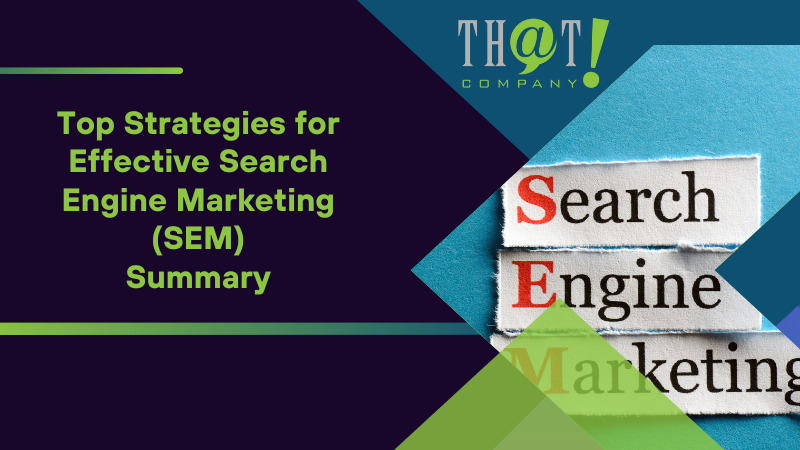
Summary
SEM is an essential component of any digital marketing strategy, combining SEO and PPC white label to enhance visibility, drive traffic, and boost conversions. By understanding the key components, crafting an effective strategy, and optimizing campaigns, businesses can achieve significant growth and success. As we look to the future, staying ahead of trends like AI and voice search optimization will be crucial. Embrace the power of SEM to transform your online presence and achieve your business goals.
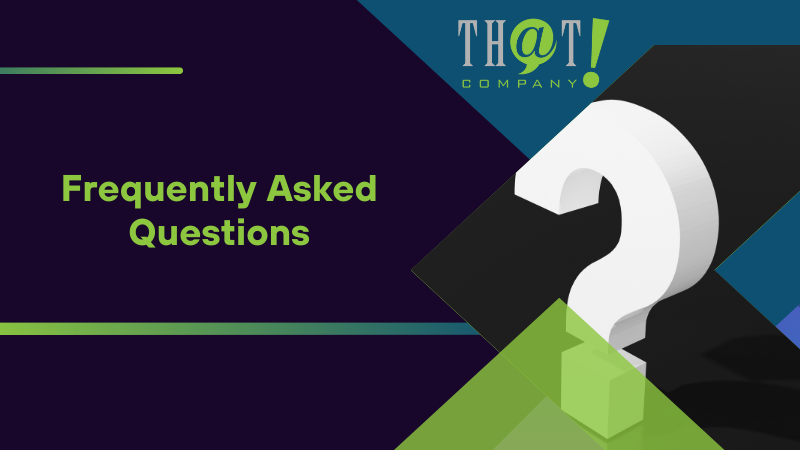
Frequently Asked Questions
What is the difference between SEO and SEM?
SEO primarily concentrates on optimizing for organic search results, whereas SEM encompasses both organic and paid strategies to enhance visibility in search engine results.
Why is keyword research important in SEM?
Keyword research is essential in SEM as it uncovers relevant keywords that potential customers use, enhancing campaign effectiveness and attracting quality traffic. By targeting the right keywords, businesses can connect with their audience more effectively.
How can businesses benefit from white label PPC management services?
Businesses can benefit from white label PPC management services by accessing specialized expertise and optimizing cost efficiency, which in turn enhances their return on investment through targeted advertising campaigns.
What role does AI play in SEM?
AI plays a critical role in SEM by optimizing ad budgets in real-time and enhancing efficiency, thereby improving the overall effectiveness of SEM strategies. This reduces the need for manual intervention and allows for more strategic decision-making.
How can voice search optimization impact SEM strategies?
Voice search optimization significantly impacts SEM strategies by improving content visibility for voice queries, leading to increased traffic. Consequently, integrating voice search considerations can enhance overall search marketing effectiveness.

